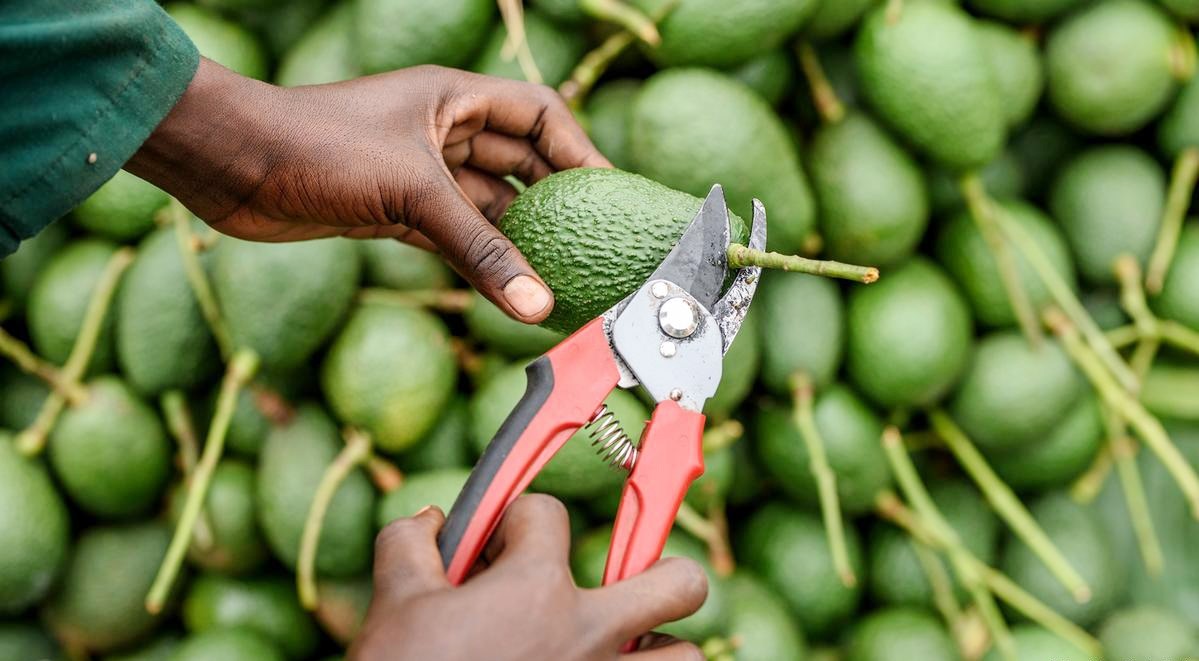Prioritise human capital to unlock Africa’s massive potential, leaders urged

The 8th African Leadership Forum sought to provide a space to reflect on progress, identify gaps, and reaffirm commitments to advancing the SDGs in Africa. PHOTO | COURTESY
What you need to know:
- Mr Sefue emphasised that investing in people—especially through better education systems—will be key to transforming Africa’s large youth population into a demographic dividend rather than a burden.
Dar es Salaam. African countries have been urged to make significant investments in human capital—particularly in quality education and skills development—in order to unlock the continent’s vast potential and achieve sustainable development.
This call was made by Tanzania’s former Chief Secretary, Ombeni Sefue, during the African Leadership Forum held yesterday under the theme Realising Sustainable Development Goals in Africa: Progress and the Way Forward.
The forum was organised by the Government of Uganda in partnership with the Uongozi Institute, the UN Economic Commission for Africa (ECA), the Hailemariam & Roman Foundation, and other regional stakeholders.
Mr Sefue emphasised that investing in people—especially through better education systems—will be key to transforming Africa’s large youth population into a demographic dividend rather than a burden.
“We must focus on quality education that equips young people with life skills, critical thinking, and innovation. We need job creators, not just job seekers,” said Mr Sefue.
He called for innovative financing models and policy reforms, including the better use of technology and artificial intelligence, to align education systems with current labour market needs.
“Employers are no longer impressed by academic papers alone. What matters is what you can do—your competence, skills, and ability to innovate,” he added.
Mr Sefue also highlighted the urgent need for policy shifts that move away from traditional education models towards modern, skills-based learning that prepares students for real-world challenges.
He painted a stark picture of inequality in education financing, noting that while Africa’s per-student investment remains low, high-income countries spend up to $8,500 per student. Gender equality in education was also underscored as critical.
Educated girls are more likely to stay in school, delay marriage, earn more, and contribute meaningfully to their families and communities—factors that also improve health outcomes and reduce vulnerability to climate change.
He acknowledged progress but said challenges persist. As of March last year, 22 out of 40 sub-Saharan African countries had introduced free secondary education. However, primary school completion rates remain low—only one in five of the poorest children finish primary school.
“Secondary education is even more costly, requiring about $39 billion per year across the continent,” he said.




